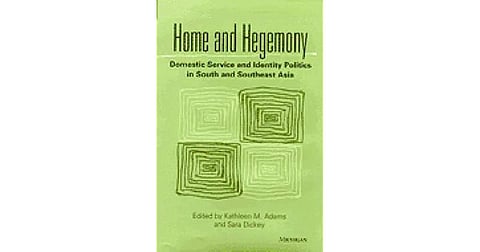When good help is hard to find
On 17 January 2003, Nepal's government lifted a five-year-old ban on Nepali women going to Persian gulf countries to work following a supreme court ruling that the ban violated the women's human rights. The ban was imposed in 1998 to 'safeguard' Nepali women from the perils of domestic work in Islamic countries, where there have been some highly publicised instances of the physical and sexual abuse of foreign maids, even though women were a source of valuable remittances – approximately USD 450 million, or 50 percent of all foreign exchange earnings, 13 percent of Nepal's GDP. The gulf countries were deemed unsafe as women there 'have few rights anyway', and where Nepali women, locked behind the high walls of wealthy Arab households and speaking no Arabic, have little recourse to social support networks. For employment agencies, individual women and activists, the rights argument was the legal expression of what is, for most of the millions of domestic workers in Nepal and elsewhere, a decision driven fundamentally by economic concerns.
Home and Hegemony: Domestic Service and Identity Politics in South and Southeast Asia presents ethnographic sketches of domestic service in south India, Nepal, the Philippines, Hong Kong, Sri Lanka, and Java and Sulawesi in Indonesia. Although the editors, Kathleen M Adams and Sara Dickey, accept that it is impossible to estimate the numbers engaged in domestic service because of the unorganised nature of such employment, and because migrant domestic workers are often unregistered, they cite studies to assert that far from decreasing with the spreading use of time- and labour-saving technologies, as was widely assumed would happen, the number of domestic workers and people who employ them is only going up.

